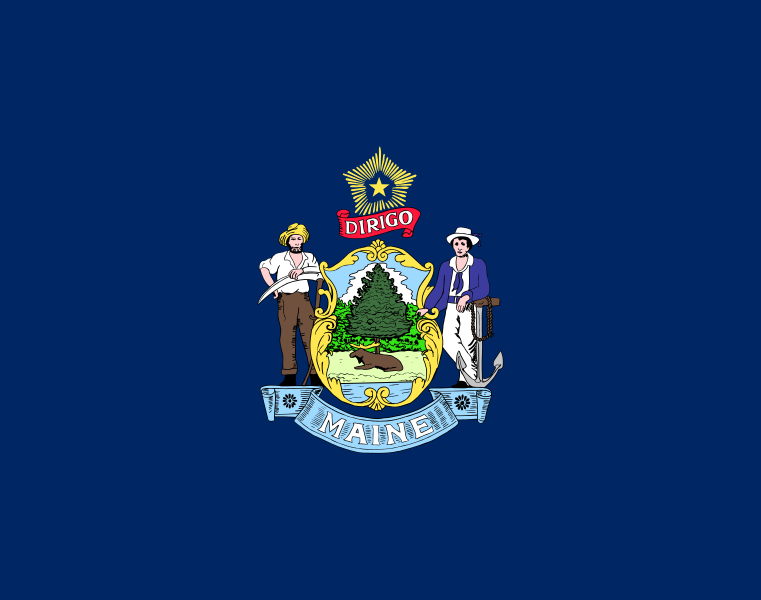On September 8, Maine Secretary of State Matt Dunlap (D) announced that general election ballots will be printed with ranked-choice voting for president after the Maine Supreme Judicial Court stayed a lower court’s decision on a veto referendum. “Because of Federal deadlines regarding providing printed ballots to military and overseas citizens abroad, we must tell the printers to begin their work today,” said Dunlap.
The Maine Republican Party is behind a veto referendum to overturn Legislative Document 1083 (LD 1083), which established ranked-choice voting for presidential primaries and general elections. Under LD 1083, Maine is slated to use ranked-choice voting for the presidential election on November 3, 2020.
On June 15, proponents of the veto referendum filed 72,512 signatures. At least 63,067 of the signatures needed to be valid. On July 15, Dunlap announced that his office found 61,334 signatures to be valid—1,733 signatures below the requirement. Dunlap later reinstated 809 signatures from the town of Turner, Maine. A successful signature drive would have suspended the law until voters decided the law’s fate, meaning ranked-choice voting would not have been used for the presidential election on November 3, 2020.
Proponents sued Dunlap in the Cumberland County Superior Court, and Judge Thomas McKeon ruled that Dunlap needed to count an additional 988 signatures.
The Maine Constitution states that a “Circulator must appear on the voting list of the city, town or plantation of the circulator’s residence as qualified to vote for Governor….” According to Judge McKeon, Dunlap was wrong to interpret this constitutional language as requiring circulators to be registered to vote while collecting signatures. Instead, circulators being registered to vote at the time of signatures submission, regardless of whether the circulators were registered while collecting signatures, was sufficient. Due to McKeon’s ruling, the use of ranked-choice voting was effectively suspended for the presidential election.
Dunlap appealed the decision to the state Supreme Judicial Court, which stayed Judge McKeon’s decision. The Supreme Judicial Court has not yet decided the merits of the case. “Today’s ruling has the effect of leaving in place the original determination of the Secretary of State that the people’s veto effort did not have sufficient signatures…,” according to the secretary’s office.
Forgoing a final ruling from the state Supreme Judicial Court, Maine will be the first state to use ranked-choice voting in a presidential election. Maine was also the first state to establish a statewide system of ranked-choice voting following the voter approval of Question 5 in 2016. In 2020, voters in Alaska and Massachusetts will vote on ballot measures to adopt ranked-choice voting.


